LE GRAND TOUR
The Grand Tour is a creative documentary directed by Jean-Pierre Sicard. It follows Elio and Justin, both 17 years old, as they embark on a bicycle tour of Europe from July 2020 to June 2021, amidst the pandemic. It narrates the adventures of the journey, but most importantly, their friendship, their love stories, their encounters with young Europeans, and the presence of their families and friends always with them on the screens of their smartphones.
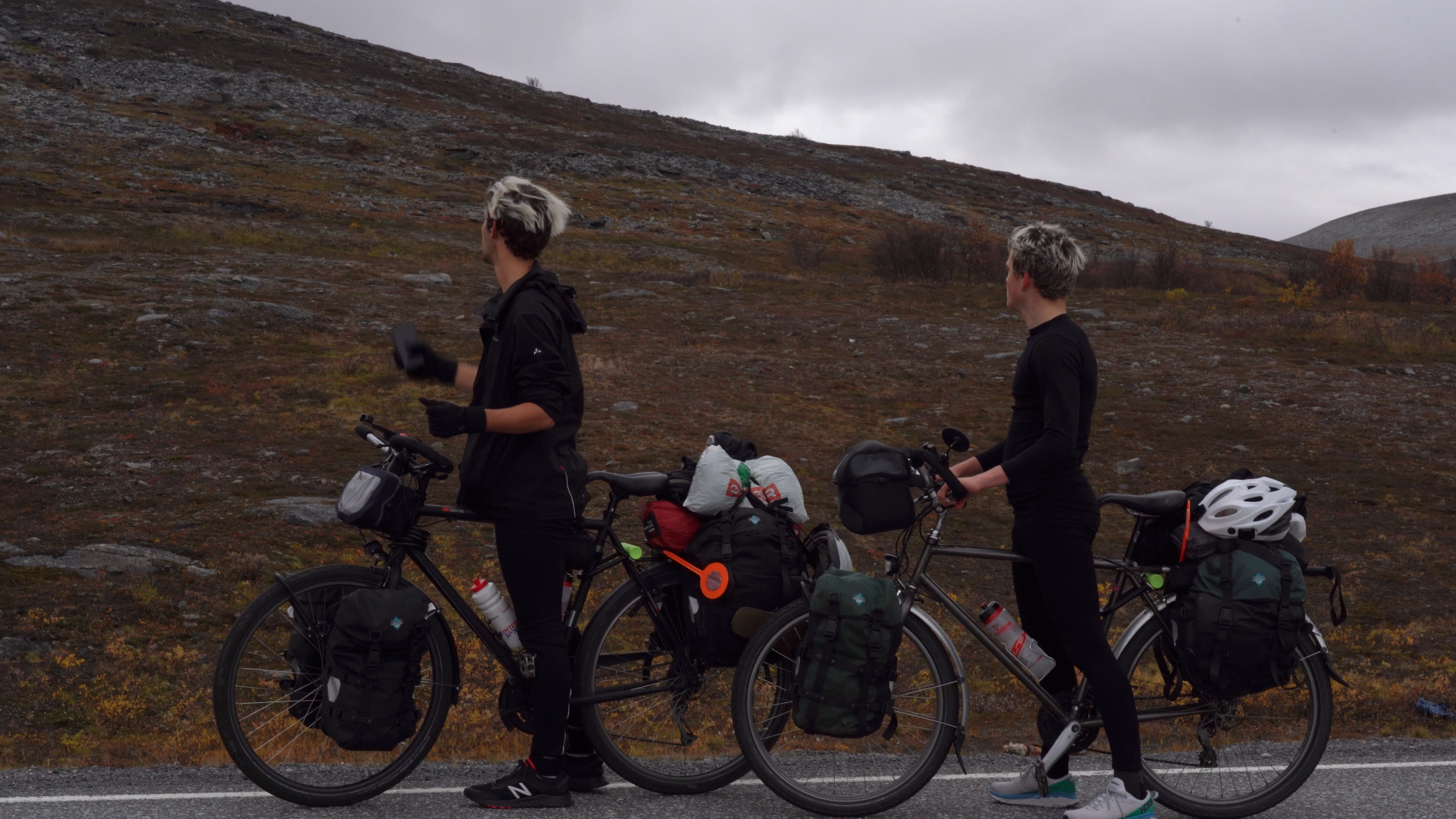
Five Questions for Jean-Pierre Sicard
How did the film project come about?
I met Elio when he was fourteen years old, in 2017. I started filming him for a documentary about his life… a documentary about adolescence today.
By the end of 2018, Elio talked to me about a travel project that had been brewing in him since his childhood’s end. He met Justin at the high school boarding school, in his second year. He inspired him to dream of a year-long journey on two bikes across Europe, after finishing high school. Their two very different personalities resembled a cinematic duo. I proposed to make a documentary about their journey. The idea strengthened their motivation and added value to their project. They emphasized an ecological and citizen dimension, which appealed to me and resonated with a significant part of my professional background. I let them do it their way, which often surprised me, both in form and substance.
Throughout their two years of preparation, combining preparation work for this documentary about their journey, moments where I film them daily, and shooting a fiction of which they are certain actors, my film project takes shape.
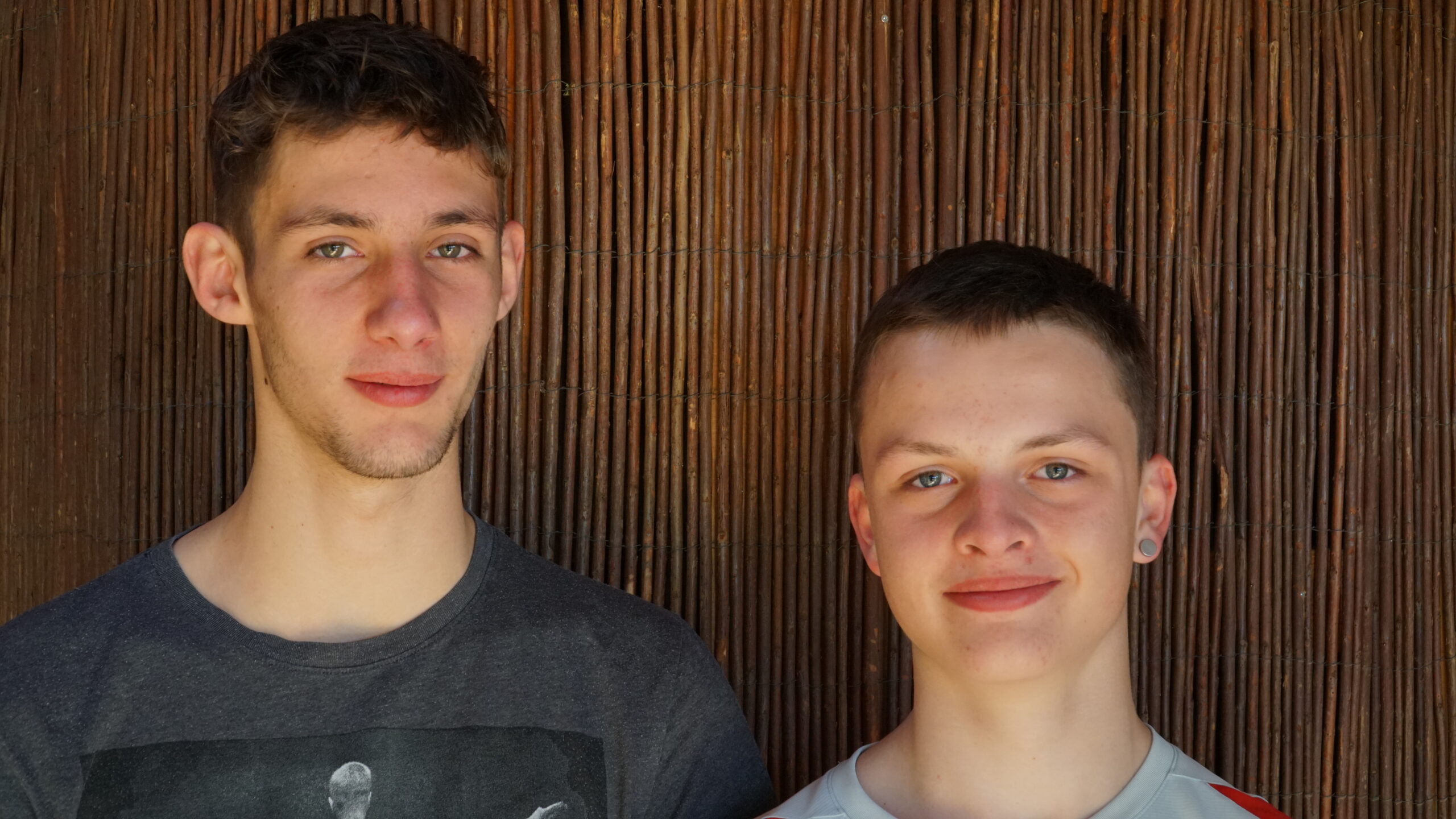
How was the filming across Europe done?
I joined Elio and Justin in Belgium and the Netherlands, in northern Norway, between Warsaw and Krakow, in Prague, in Romania, from Milan to Genoa, for about ten days each time. In September 2020, when I joined them in Norway, two months after they set off, Elio and Justin insisted: ‘JP, don’t say ‘your journey’ anymore, say ‘our journey.’ And it’s true that beyond these periods when I reunited with them, I followed their route day by day. The constant geolocation, the ‘voice notes,’ and messages on every topic, or even the travel blog we created together via screens, made me feel like I was experiencing their adventure daily with them.
Elio and Justin are co-authors of the documentary script, and I was able to use all their video or audio archives, even though I am the author of the film and they were not involved in the editing.
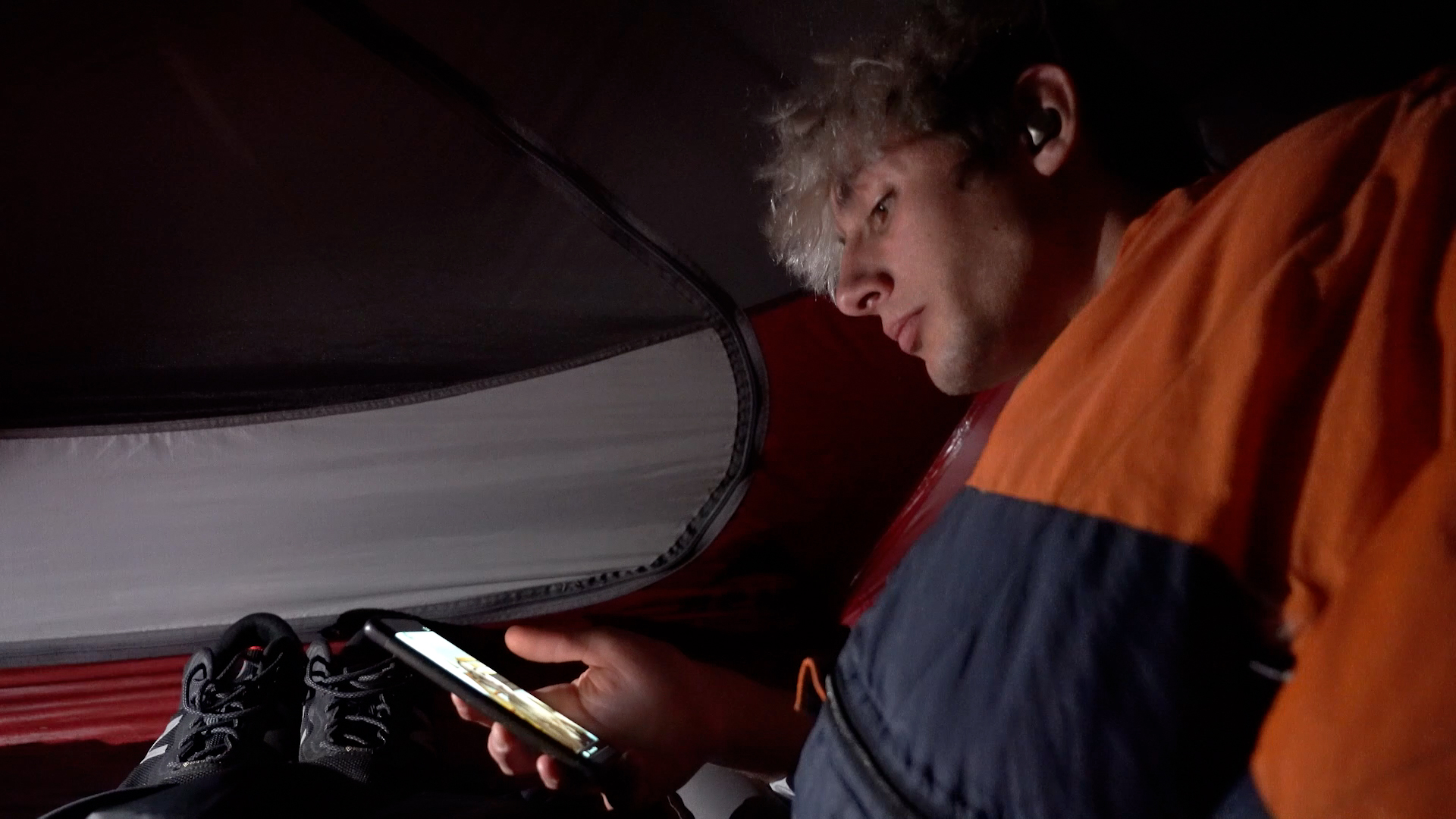
How do the director’s perspective and that of the journey’s protagonists interact?
The film presents a dual perspective. Mine, of course, in search of their portrait. Theirs, expressed through their Instagram Stories, the videos they filmed for their friends or family, and all the content they shared online – as the philosopher Bruno Latour humorously remarked during a remote exchange with them that I filmed during the journey: ‘You’re a network on bicycles!’
Other videos from Elio and Justin were personally addressed to me, and we exchanged many voice messages. In the film, these messages narrate our strong bond and my distant relationship with them. Their trust makes possible the filmmaker’s gaze I cast upon them. While they tell their story with their own images, my gaze captures something else: the intimate and the minute, a modesty, a sensitivity, a discretion, breaths, silences.
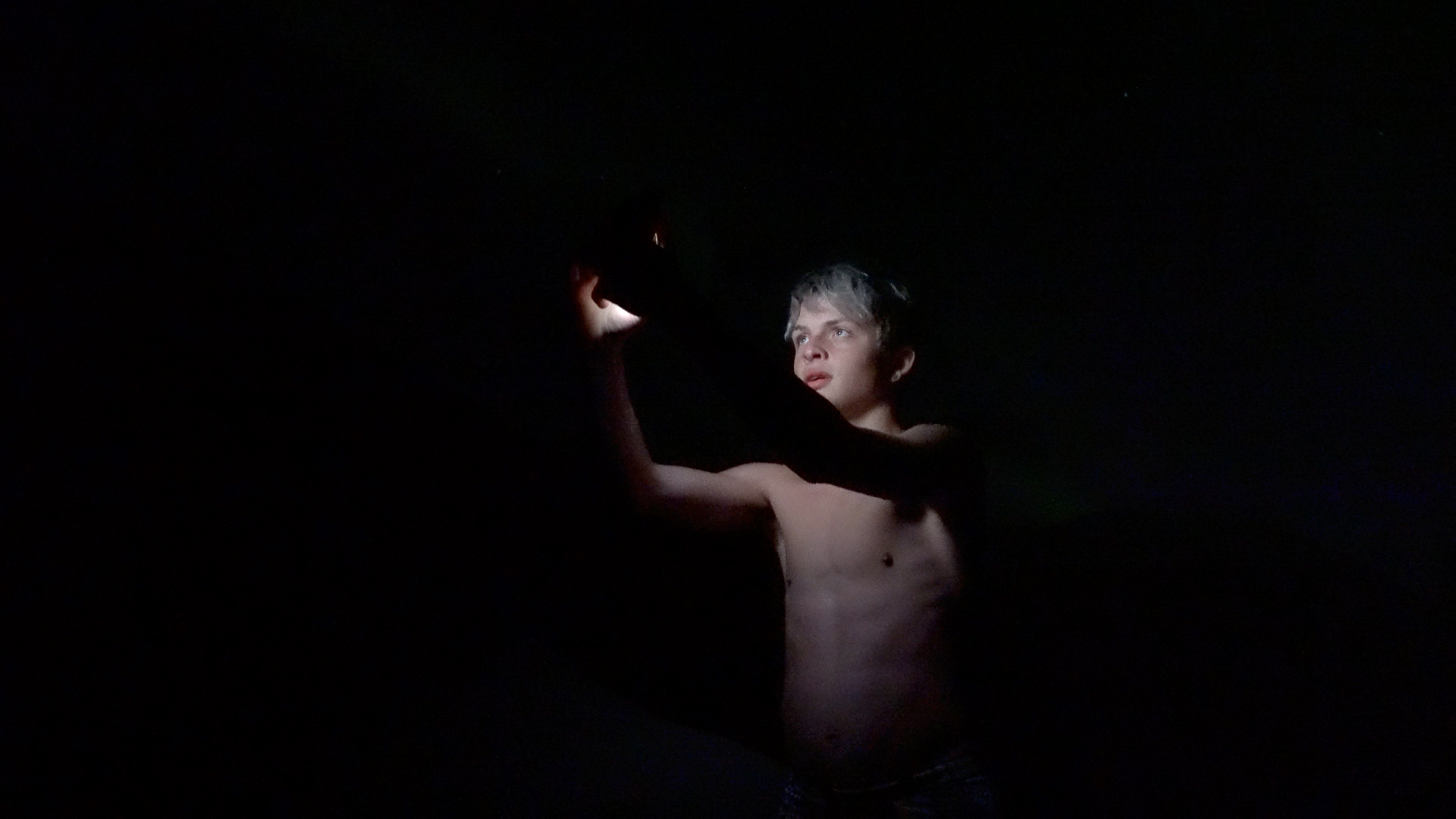
Beyond the chronicle of the journey, what are the themes of the film?
While their romantic stories, their shared solitude, and their encounters during the journey form the backbone of the film, I was also struck by two themes conveyed by Elio and Justin through this project: ecology and their relationship with Europe.
However, the essence of my narrative does not lie in sociological analysis or reflection on the different nature of images and narratives. Even though the context makes these current realities a characteristic component of the film, it primarily aims to be a sensitive portrayal of today’s teenagers, whom we witness evolving and maturing throughout their year-long journey.
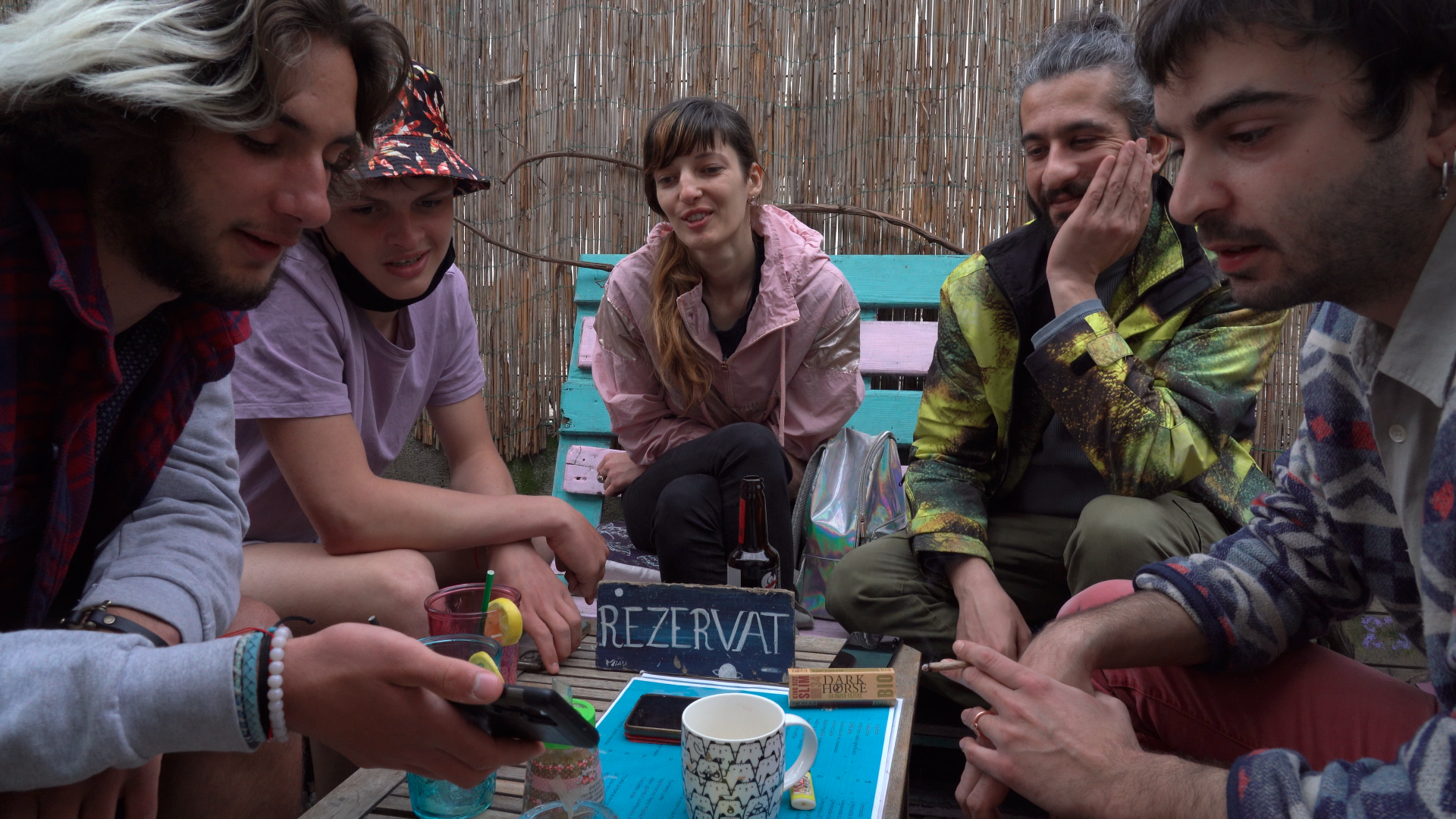
How was the title chosen?
‘The Grand Tour,’ spelled the same way in French or English, originally referred to an extensive journey across Europe undertaken by young men, and less frequently young women, from the highest classes of European society, and later by young artists, from the mid-16th century until the 19th century, either just after or during their studies, to enhance their education. It’s a ‘classic’ term used to describe a formative experience through a several-month journey across Europe, at the age Elio and Justin experienced it, albeit under very different circumstances, of course. Historians also note that ‘the Grand Tour sometimes had a final educative function: sexual education. The stop in Venice had long served this purpose, to address love pains and offer an unspoken erotic program’… which directly resonates with what the film depicts.

The greenhouse gas emissions generated by the production of the film « Le Grand Tour » have been subject to a carbon offsetting initiative, in line with the ecological objectives of Elio and Justin’s bike tour of Europe.
Naturally, as with any activity that generates greenhouse gases, our primary focus is on minimizing them to the greatest extent possible. Indeed, the film production resulted in relatively low greenhouse gas emissions relative to its duration. However, there remains an impact that we sought to assess and offset using a recognized and certified approach.
This impact was measured according to the recommendations of the French CNC (National Center for Cinema and Animated Image), using one of the websites validated by the center. These emissions amount to approximately 9.8 tonnes of carbon dioxide equivalent, primarily due to the impacts of transportation, given the specific shooting conditions, with very modest technical conditions, but requiring some trips within France and to various European countries.
For the offsetting, rounded up to 10 tonnes of carbon dioxide equivalent (tCO2e), the selected provider is GERES, an international development NGO dedicated to improving living conditions and combating climate change and its impacts. GERES has proposed carbon credits from the CEnAO project (Climate Energy in West Africa), which aims to contribute to the preservation of wood energy resources, the reduction of energy poverty among urban households, and local economic development by scaling up the dissemination of improved cooking stoves in Mali. This project benefits from dual certification by the UNFCCC and the Gold Standard.